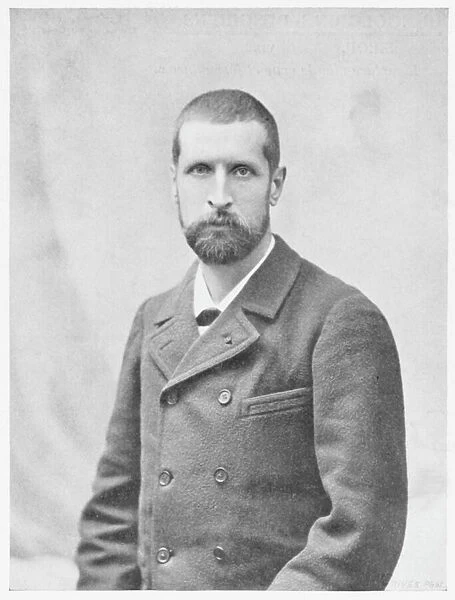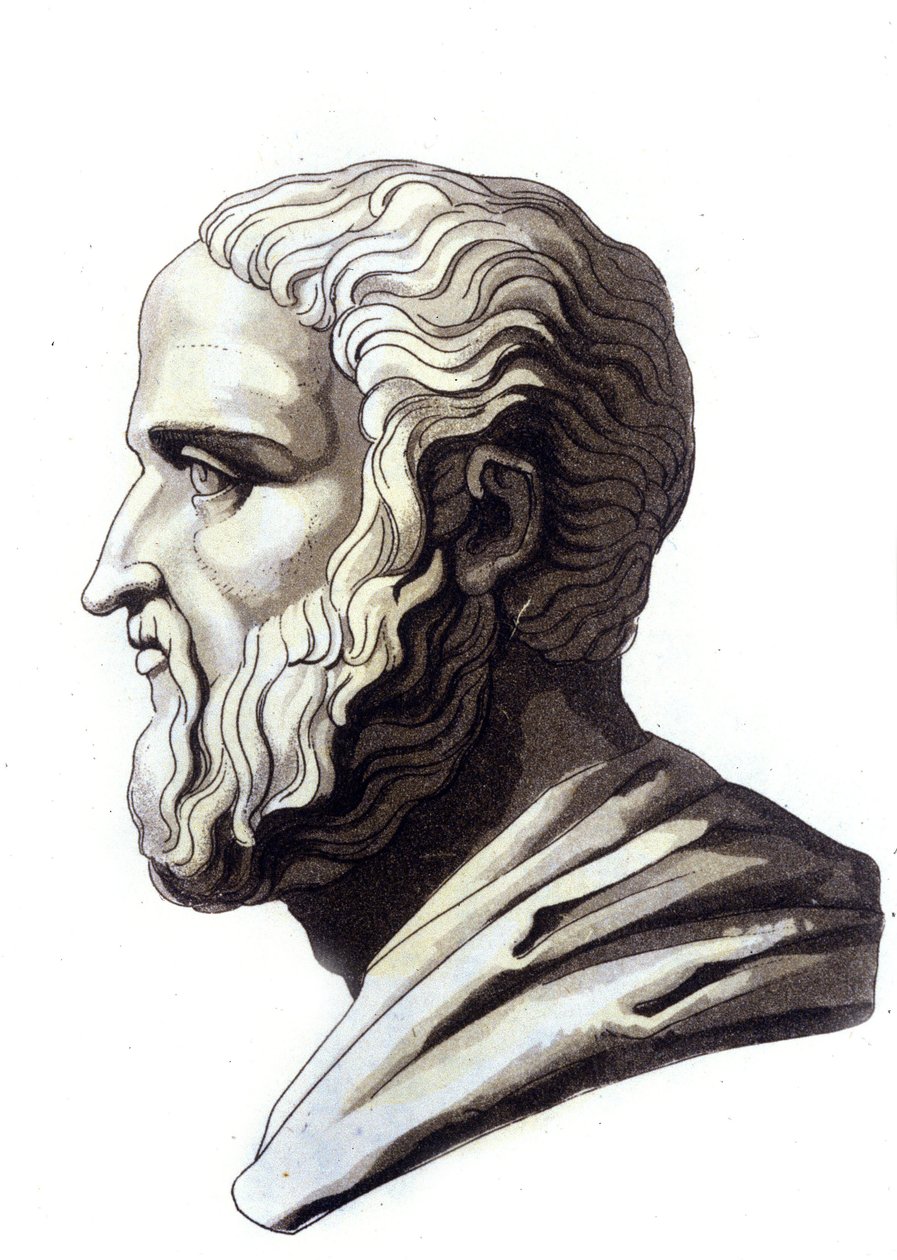You might also like

Gallienus-El-Emperador-que-Enfrento-la-Crisis-del-Siglo-III
Gallienus, emperador romano durante la crisis del siglo III: reformas militares, enfrentamientos con...
View Board
Rita-Lebi-Montaltsini-H-Genetistria-poy-Alla3e-ton-Kosmo-ths-Neyroepisthmhs
Ρίτα Λέβι-Μονταλτσίνι: Η νομπελίστα νευροεπιστήμονας �...
View Board
Johannes-Kepler-Il-Genio-che-Rivoluziono-l-Astronomia
Johannes Kepler, astronomo tedesco del XVII secolo, rivoluzionò la scienza con le sue tre leggi sul...
View Board

Ovidio-El-Poeta-del-Amor-y-el-Exilio
Ovidio: vida y obra del poeta romano, desde "Las Metamorfosis" y "El Arte de Amar&quo...
View Board
Antonio-de-Ulloa-Ein-vergessener-Pionier-der-Wissenschaft-und-Entdeckung
Antonio de Ulloa, ein bedeutender spanischer Wissenschaftler des 18. Jahrhunderts, leistete Pioniera...
View Board
Edmond-Halley-Der-Mann-hinter-dem-Kometen
Edmond Halley: Leben und Vermächtnis des Astronomen hinter dem berühmten Kometen. Entdecken Sie se...
View BoardPancakeSwap-Polnoe-rukovodstvo-po-populyarnoj-DeFi-platforme
PancakeSwap — популярная DeFi-платформа на Binance Smart Chain с обмен�...
View Board
Beijing-la-capitale-imperiale-de-la-Chine
Beijing, capitale impériale de la Chine, allie traditions millénaires et modernité. Découvrez la...
View Board

Ptolomeo-I-Soter-El-Fundador-de-la-Dinastia-Ptolemaica-en-Egipto
Ptolomeo I Soter, general de Alejandro Magno y fundador de la dinastía Ptolemaica, gobernó Egipto ...
View Board

Alexandre-Yersin-The-Pioneering-Scientist-Who-Conquered-the-Plague
Alexandre Yersin: Swiss-French scientist who discovered Yersinia pestis, revolutionized tropical med...
View Board
Isocrates-The-Father-of-Rhetoric-and-Political-Philosophy
Discover Isocrates, the father of rhetoric and political philosophy, his Panhellenic vision, and his...
View Board
Hipparchia-of-Maroneia-The-Cynic-Philosopher-Who-Defied-Convention
Error: Response not valid...
View Board
Euclid-The-Father-of-Geometry
Explore Euclid's profound influence as the Father of Geometry and his groundbreaking work in El...
View Board
Dérniéres nouvelles à propos de Mode Semaine du 12/05/2025 au 18/05/2025
Dérniéres nouvelles à propos de Mode Semaine du 12/05/2025 au 18/05/2025...
View Board
Dérniéres nouvelles à propos de Actualité Geek Semaine du 09/06/2025 au 15/06/2025
Dérniéres nouvelles à propos de Actualité Geek Semaine du 09/06/2025 au 15/06/2025...
View Board
Last news about Girls news Week from 19/05/2025 to 25/05/2025
Last news about Girls news Week from 19/05/2025 to 25/05/2025...
View Board
Dérniéres nouvelles à propos de Actualité Geek Semaine du 19/05/2025 au 25/05/2025
Dérniéres nouvelles à propos de Actualité Geek Semaine du 19/05/2025 au 25/05/2025...
View Board
Comments